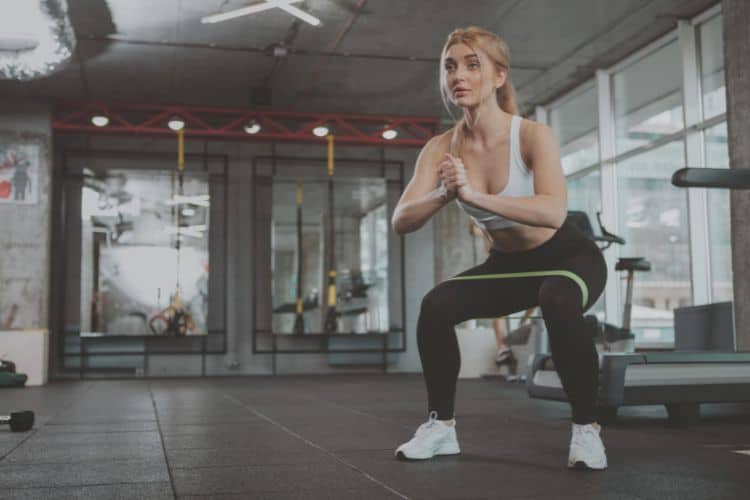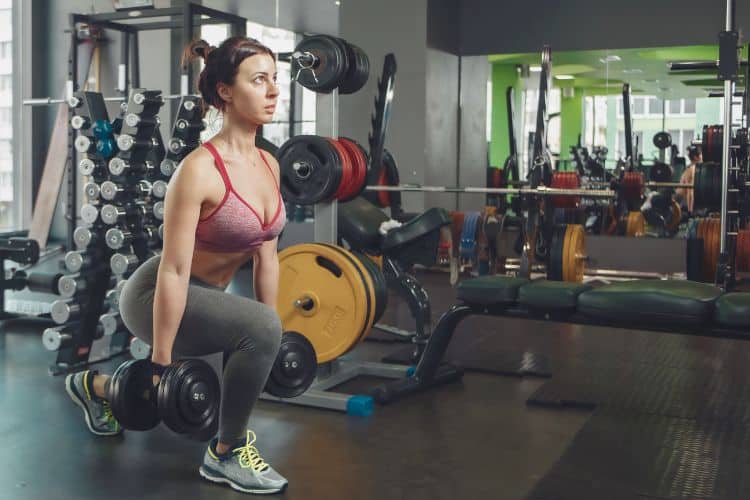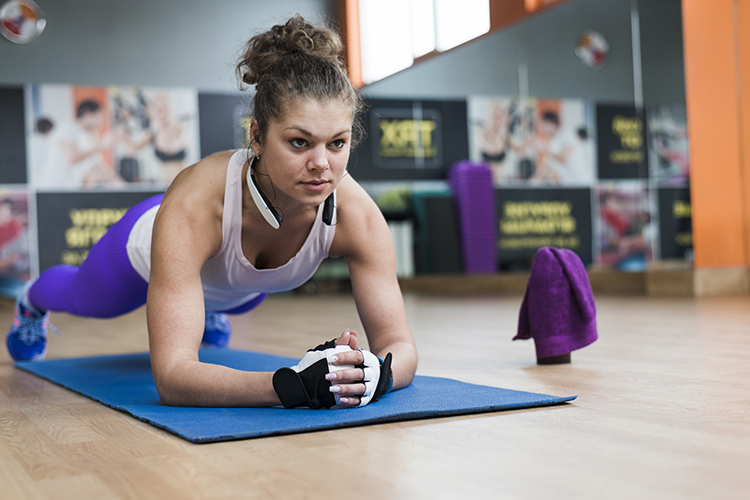Sign up for workout ideas, training advice, reviews of the latest gear and more.






Embarking on a fitness journey can be both exciting and intimidating, especially for beginners. As women, our fitness goals and needs might differ due to various factors such as body composition, strength levels, and personal preferences. This comprehensive guide is designed to introduce beginners to a workout routine that is effective, adaptable, and enjoyable.
Before diving into the specifics of the workout routine, it’s crucial to understand the foundation of a successful fitness journey. Fitness encompasses more than just physical activity; it includes nutrition, rest, and mental well-being. A balanced approach ensures not only the achievement of physical fitness goals but also the promotion of overall health.
Setting achievable goals is the first step towards a successful fitness journey. Whether it’s losing weight, gaining muscle, or improving endurance, your goals should be specific, measurable, attainable, relevant, and time-bound (SMART). Realistic goal setting keeps you motivated and focused.
Warm-up exercises are essential to prepare your body for the workout routine for beginners ahead, increasing blood flow to the muscles and reducing the risk of injury. Similarly, cooling down helps to gradually reduce the heart rate and stretch the muscles, aiding in recovery and preventing muscle stiffness.
The following workout routine is designed for beginners, focusing on the major muscle groups, and incorporates cardiovascular exercises, strength training, and flexibility exercises. It’s designed to be done three times a week, allowing for rest days in between.
A balanced diet and proper hydration are key components of a fitness routine. Focus on consuming a variety of nutrients, including proteins, carbohydrates, fats, vitamins, and minerals, to support your body’s needs. Stay hydrated by drinking water before, during, and after exercise.
Rest days are crucial for recovery, allowing muscles to repair and grow stronger. Incorporate at least one rest day between workout routine for beginners days, and ensure you’re getting enough sleep each night.
Beginning a fitness journey comes with its set of challenges, such as lack of motivation, plateaus, and the potential for injury. Overcome these by setting small, achievable goals, listening to your body, and seeking support from a community or a fitness professional.
Every individual’s body is unique, and as such, it’s important to tailor your workout routine for beginners to fit your personal needs, abilities, and goals. For instance, if you find certain exercises too challenging or if they cause discomfort, seek alternatives that target the same muscle groups but are more comfortable for you. Similarly, if you have specific goals, such as running a 5K or improving your flexibility, include exercises that directly contribute to these objectives.
While the importance of rest days has been mentioned, it’s worth reiterating that they are as crucial as workout days. Rest days allow your muscles to recover and rebuild stronger. During these days, light activities such as walking, stretching, or yoga can be beneficial, promoting blood flow without overstraining your muscles.
To continue making progress, your body needs to be challenged beyond its current capabilities. This is where the principle of progressive overload comes into play. Gradually increasing the intensity of your workout routine for beginners by adding more weight, increasing repetitions, or including more challenging exercises ensures continuous improvement and helps avoid plateaus.
Nutrition plays a pivotal role in your fitness journey. Eating a balanced diet rich in fruits, vegetables, lean proteins, whole grains, and healthy fats provides the energy needed for your workouts and the nutrients necessary for recovery and muscle growth. Meal planning can be an effective tool to ensure you’re consuming the right balance of nutrients to support your fitness goals.
What you eat before and after your workout routine for beginners can significantly affect your performance and recovery. A light, balanced meal or snack that includes both protein and carbohydrates 1-2 hours before exercising can provide the energy needed for your workout. Post-workout, focus on replenishing your energy stores with carbohydrates and aiding muscle recovery with protein.
Maintaining motivation can be one of the most challenging aspects of sticking to a workout routine. Here are a few strategies to keep yourself engaged:
It’s crucial to listen to your body and understand the difference between pushing yourself and pushing too hard. If you feel pain or excessive discomfort, give yourself time to rest and recover. Ignoring your body’s signals can lead to injuries, setting back your progress
Starting a workout routine for beginners can seem daunting, but with the right approach, it can become a rewarding and enjoyable part of your life. Remember to start slow, focus on form, and gradually increase intensity as your fitness improves. Celebrate your progress, no matter how small, and stay committed to your health and well-being. With consistency and dedication, you’ll not only achieve your fitness goals but also embark on a lifelong journey of health and fitness.
Stay up to date on the latest women’s health, fitness and lifestyle trends and tips.